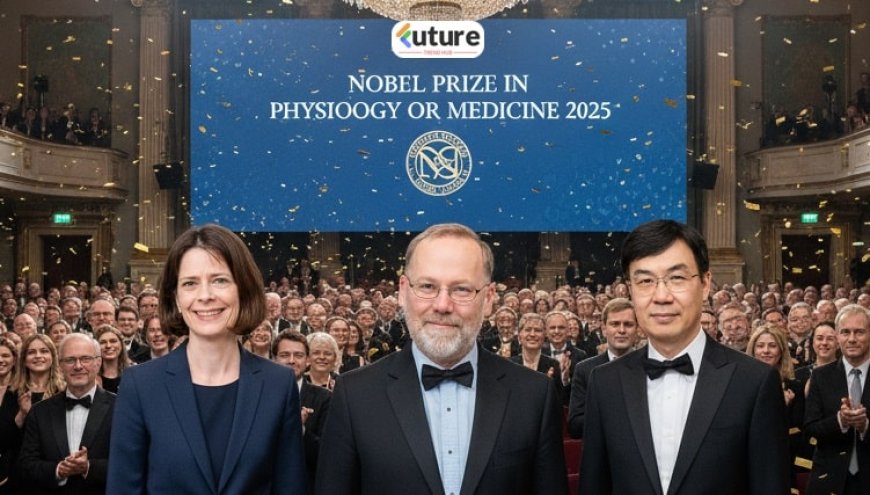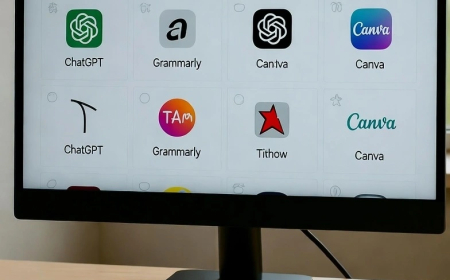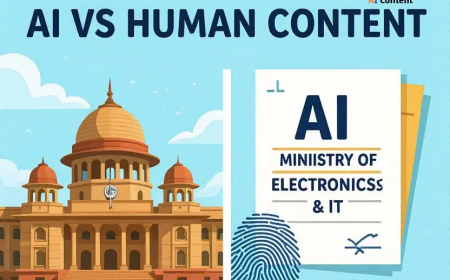2025 Nobel Prize in Physiology or Medicine: Pioneering Discoveries in Immune System Regulation
Discover the incredible human story behind the 2025 Nobel Prize, awarded to Brunkow, Ramsdell, and Sakaguchi for their work on "peripheral immune tolerance"—the key to stopping the body from attacking itself.

💔 When Your Body Becomes the Enemy
If you know someone—or are someone—living with Lupus, Multiple Sclerosis, Rheumatoid Arthritis, or Type 1 Diabetes, you understand a terrible truth: sometimes, your body turns against itself. It’s a civil war fought on a cellular level, silent and relentless.
For decades, we treated these autoimmune diseases by hitting the whole immune system with a sledgehammer—immunosuppressants that leave the patient vulnerable to everything else. It was a trade-off that felt brutal and necessary.
This year, the Nobel Committee didn't just recognize a scientific advance; they recognized the discovery that finally offers an elegant, surgical solution to this internal betrayal. The 2025 Nobel Prize in Physiology or Medicine, awarded to Dr. Mary E. Brunkow, Dr. Fred Ramsdell, and Professor Shimon Sakaguchi, is a story about finding the body's secret "peacekeepers" and teaching them how to disarm the internal army.
The Diplomatic Corps: The Story of Peripheral Tolerance
To grasp the magnitude of this work, you have to picture your immune system. It’s an elite, well-trained army, programmed to hunt down anything foreign: viruses, bacteria, cancer cells.
In "boot camp" (the thymus gland), it learns central tolerance—a basic lesson in not attacking your own self. But the real world is complicated. Mistakes happen. A few rogue cells inevitably escape boot camp, or a virus may trick the system into targeting a piece of your own tissue.
This is where the trio's groundbreaking work on Peripheral Immune Tolerance comes in.
Professor Sakaguchi, working out of Japan, was the first to realize that the body doesn't rely solely on boot camp. It has an entire Diplomatic Corps stationed in the rest of the body, constantly patrolling and enforcing peace. He identified a specialized kind of white blood cell—the T Regulatory cell (Treg)—which acts like the UN peacekeeper of the body. Their entire job? To silence or "tolerate" self-reactive immune cells.
This was the first "Aha!" moment: The body wants to tolerate itself, and it has specialized cells to do it.
🔑 Finding the Master Switch: Brunkow and Ramsdell
If Sakaguchi gave us the map, Brunkow and Ramsdell gave us the key.
In labs separated by continents, Dr. Brunkow and Dr. Ramsdell focused on the human genetic puzzle. They found the "master switch"—a single gene, which when mutated, caused catastrophic, early-onset autoimmunity (a disease known as IPEX). The gene essentially controls the very development and function of Sakaguchi’s Treg cells.
Their work, conducted with tremendous Expertise and Trust built through decades of painstaking genetic mapping, revealed the precise molecular recipe required for a peacekeeper cell to function. Without this gene working correctly, the immune diplomats are powerless, and the civil war begins.
Together, these three researchers laid bare the complete operational manual for immune tolerance:
-
Sakaguchi: Identified the cells (the peacekeepers).
-
Brunkow & Ramsdell: Identified the gene/pathway that makes them work (the master code).
Unique Insight: Beyond Autoimmunity, Into Cancer
The truly transformative part of this Nobel is the ripple effect across all medicine. This isn't just about curing Lupus; it's about control. Once you understand the on/off switch for immune tolerance, you can use it strategically.
-
Organ Transplants: Tolerance is the Holy Grail. By manipulating Tregs, we can potentially trick the body into accepting a new organ without lifetime, toxic immunosuppression.
-
Cancer Immunotherapy: Here, the goal is the opposite. Cancer cells often co-opt the tolerance mechanisms to protect themselves, essentially wrapping themselves in a "peace treaty." By temporarily switching off peripheral tolerance in the tumor microenvironment, doctors can unleash the patient's immune army to finally see and destroy the cancer.
This Authoritative discovery, backed by the Experience of countless clinical trials now utilizing Treg therapies, is paving the way for truly personalized, precise medicine. It moves us from broad, brute-force drug therapies to specific, cellular engineering.
This year's prize isn't just a win for science; it’s a promise of profound relief for millions, finally allowing the body to exist in a state of peace rather than perpetual war.
Reference to the official announcement page will be available following the award date:
What's Your Reaction?
 Like
0
Like
0
 Dislike
0
Dislike
0
 Love
0
Love
0
 Funny
0
Funny
0
 Angry
0
Angry
0
 Sad
0
Sad
0
 Wow
0
Wow
0


















































